Sazet e Permetit
Isopoliphony from the South of Albania
The village of Përmet, at the South of Albania, near the Greek Epirus, in the Këlcyrë canyon, between the river Vjosë and the Nemërçkë mountain range, is the homeland of Sazet e Permetit.
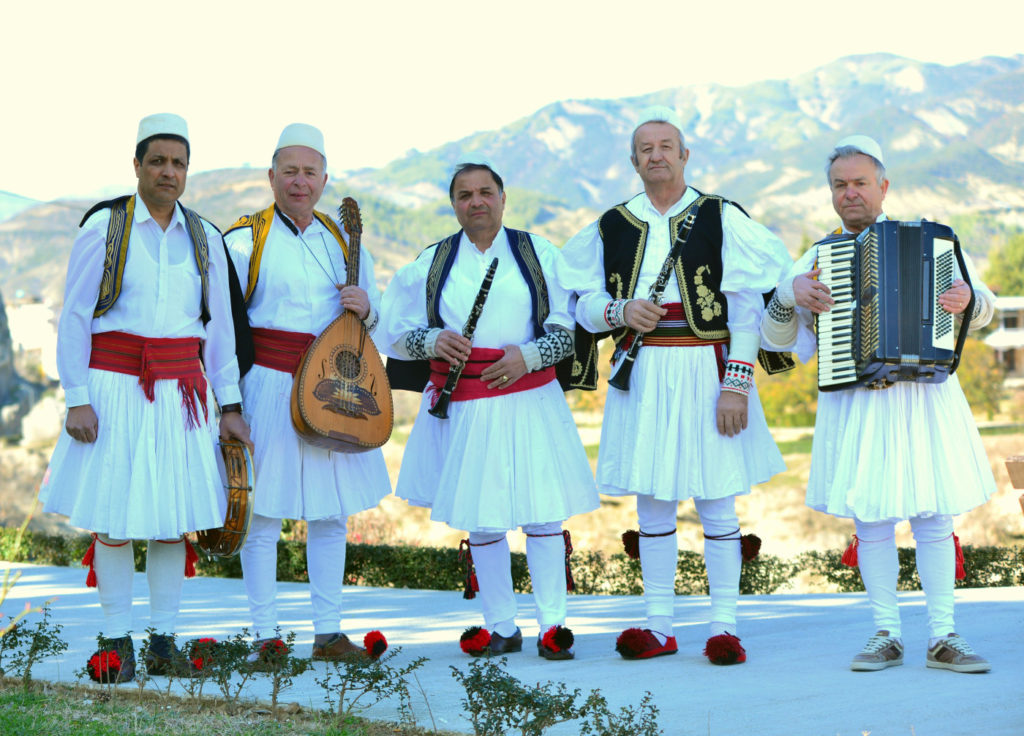
Perhaps the rugged geography of their land has made it possible that this music, so different from everything else, so surprising and bewitching, emerged and has been kept to this day: the isopolyphony. The prefix iso derives from the ison of Byzantine liturgical music, which refers to the drone that accompanies the polyphonic song. In Albanian polyphonic singing, there are usually two or three solo voices, accompanied by a deep drone. The drone is usually sung by the voices of the group choir.
Sazet and Permetit are a prominent example of this musical style, declared in 2008 as intangible heritage of humanity by Unesco. They combine the authenticity of their ancestral music with the ability to create a show that has been at stages throughout the Balkans and several countries in Europe, exciting the public with virtuosity in the instruments and the impressive polyphonic singing.
They have released several CDs in Albania to preserve and document the great vocal tradition and rich repertoire of their region, which includes songs about important social rites such as weddings, funerals, harvest festivals, religious celebrations and local folk songs, sung in isopolyphonic style. The borrohite is a funeral song sung by shepherds and the bejte is a humorous piece of simple verse known throughout Albania. Probably the oldest known isopolyphonic song is ‘E qara me messenger, me grikë‘, which dates back to an ancient death ritual and consists of a fragment of a popular tragedy.
Portraits, courtesy of albaKultur.
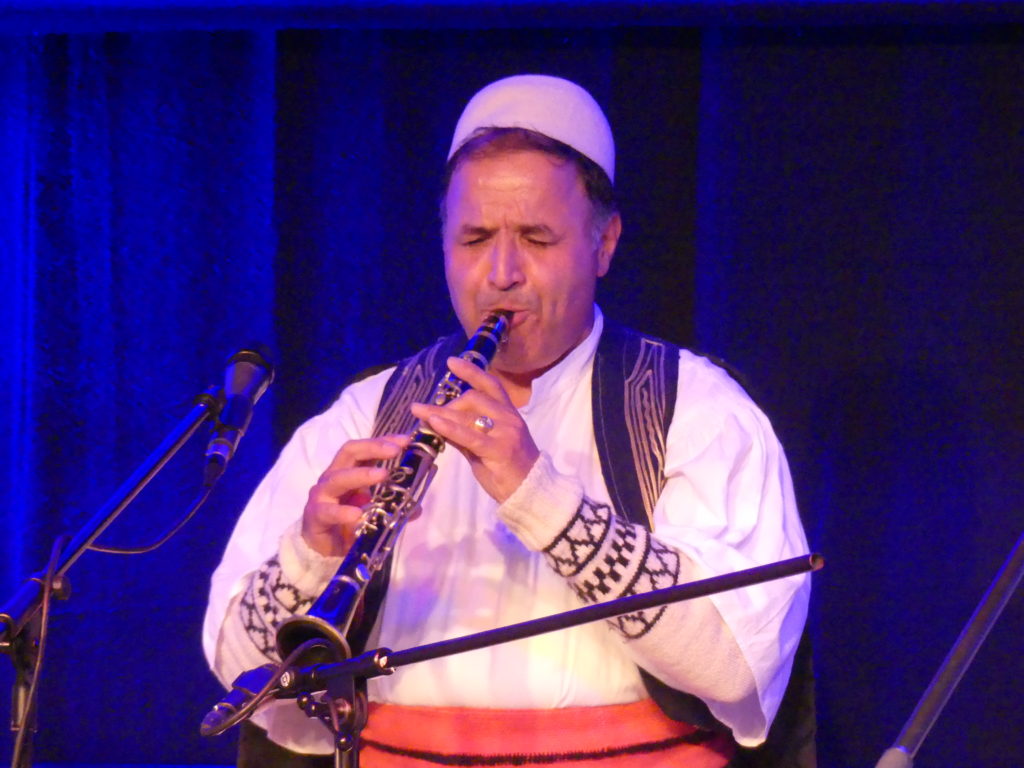 |
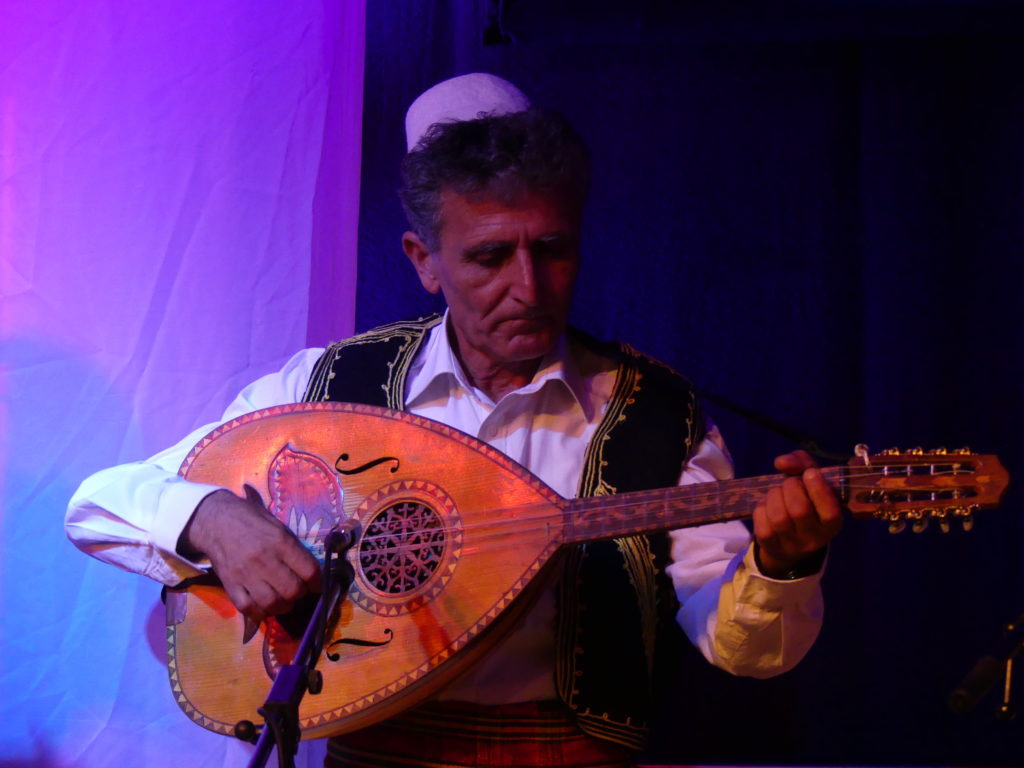 |
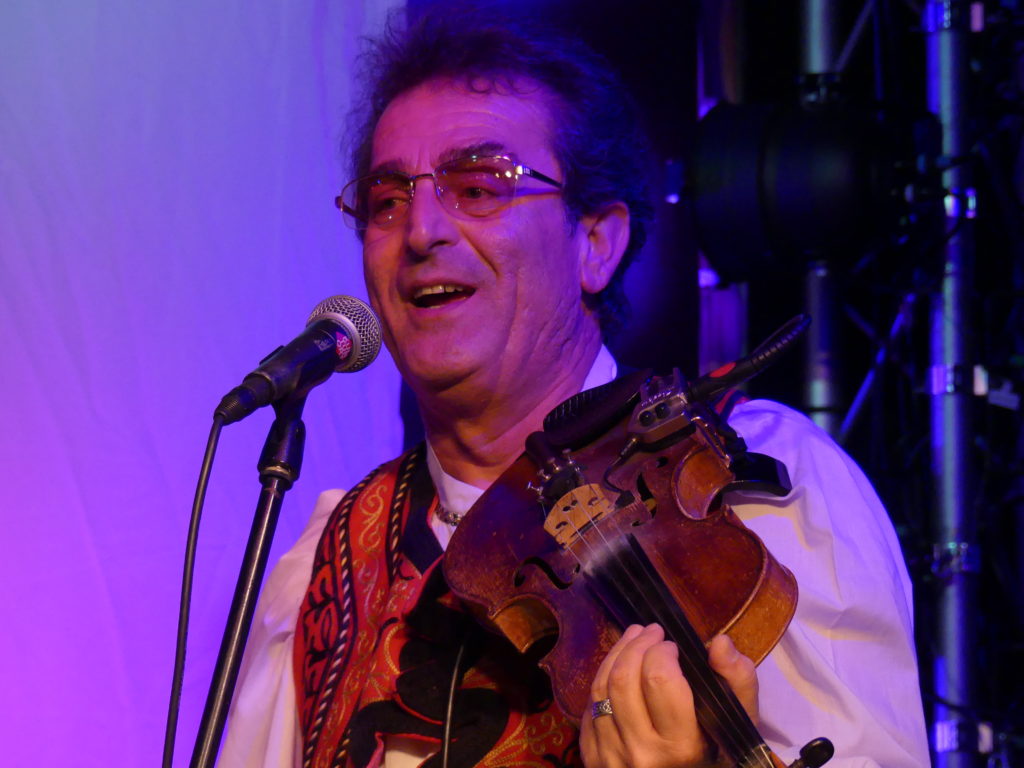 |
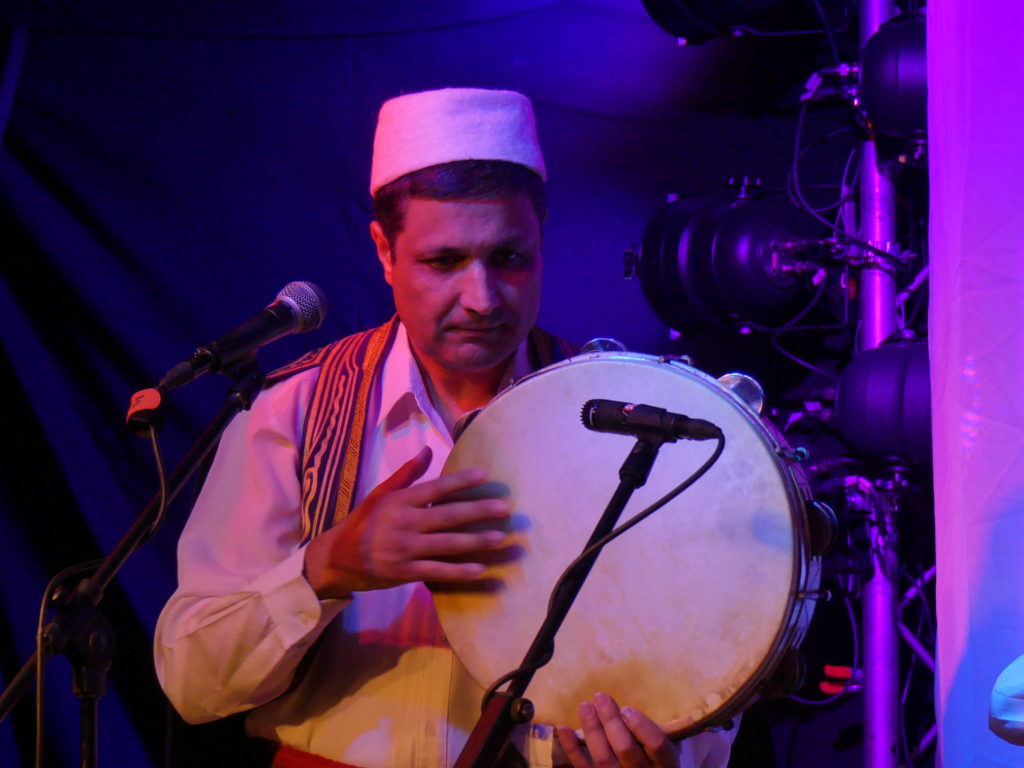 |
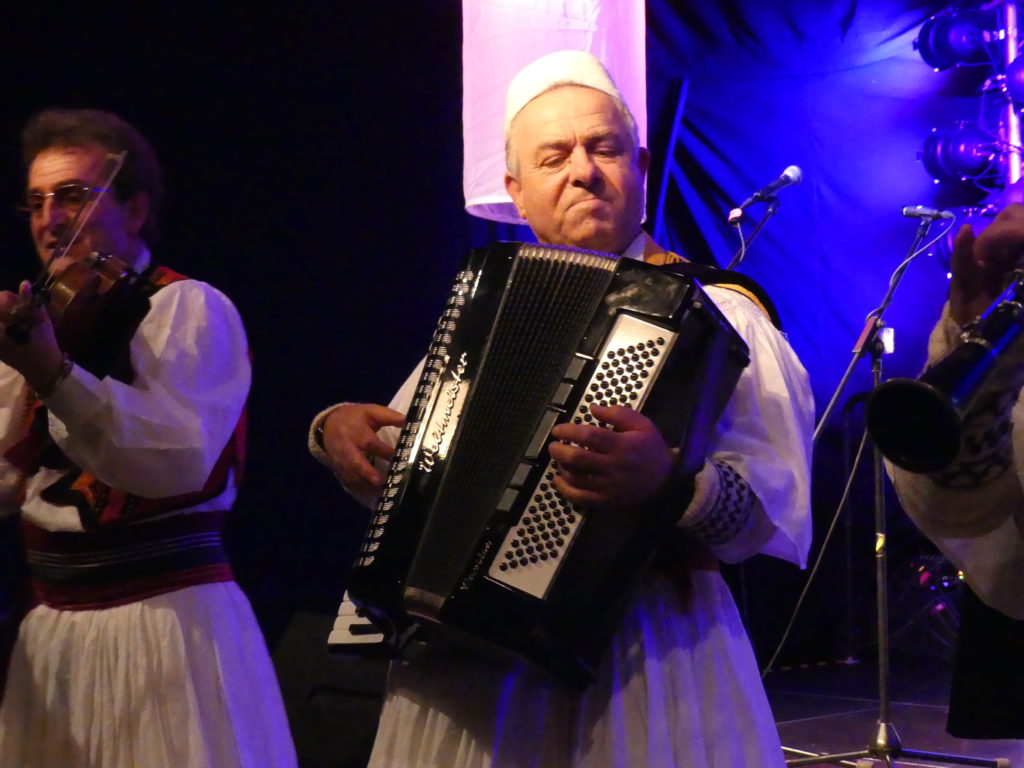 |
| With this artist, we work for any country and in collaboration with albaKultur. |
